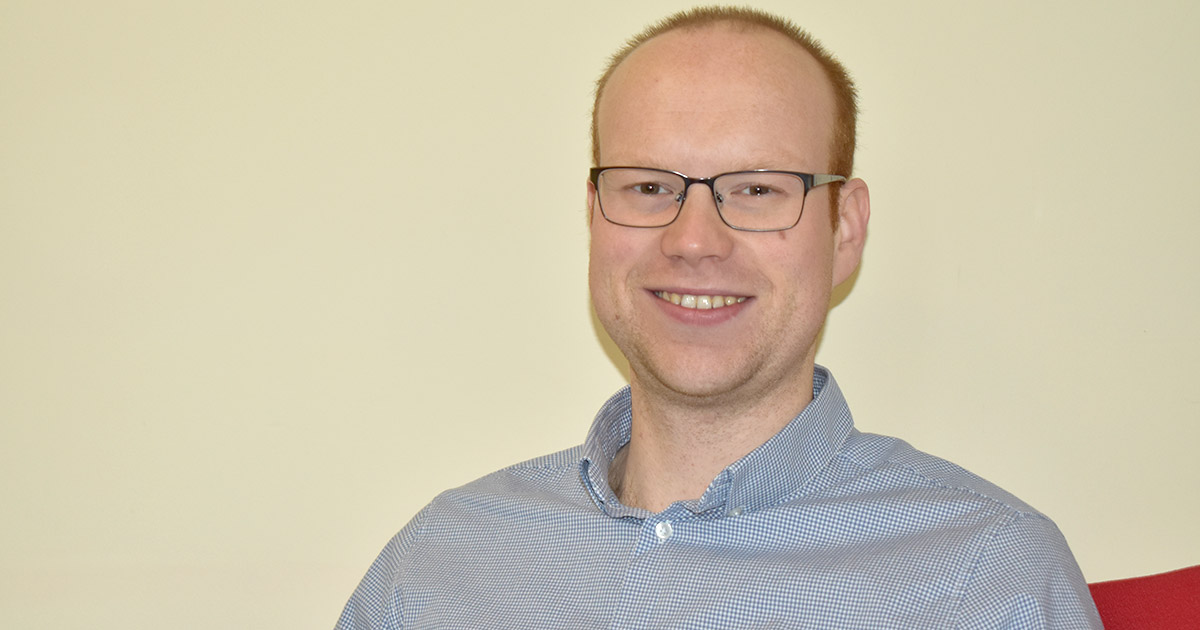Deciding which foster agency to choose can be hard.
There are so many factors to consider. Charlotte is currently waiting to become a foster carer for Progress and spoke to us about the process she went through in deciding which foster agency to choose.
What is your day job?
I am an assistant headteacher in a mainstream secondary school, with responsibility for special educational needs and disability, known as SEND, along with inclusion. My primary role is to help young people with the curriculum, putting in place the appropriate provision to meet their needs.
How long have you thought about fostering?
In the last two years, it’s been something I’ve seriously considered. But I’ve thought about fostering, on and off, for many years.
Why now?
It came from a conversation I had with friends who already foster. I did have some reservations, but they answered all my questions and gave me a rounded view of what life is really like as a foster carer. This really helped. So, I took a deep breath and contacted Progress.
Why choose a private fostering agency and not a local authority?
It wasn’t a conscious choice to go with a private agency as opposed to a local authority. However, because of Progress’ experience, I knew I would be in a safe pair of hands.
So, you were recommended to Progress by an existing foster carer?
Yes. I have close friends who have experience of other agencies and now foster with Progress. They gave me positive feedack and recommended I get in touch. I trust their judgement that this agency is excellent.
How have you found the process with Progress?
I was initially filled with trepidation because you do have an uneasy feeling of not knowing what you’re letting yourself for. I may work with children, but this process is way out of my comfort zone. However, the process so far has been positive.
From the first telephone conversation to the initial visit, references, checks, meeting my assessing social worker, ‘skills to foster’ training and now preparing for the panel, everything has been clear and transparent. Because I feel supported by the Progress fostering team, I now have the confidence to embark on this fostering journey with the help and advice of the team every step of the way.








